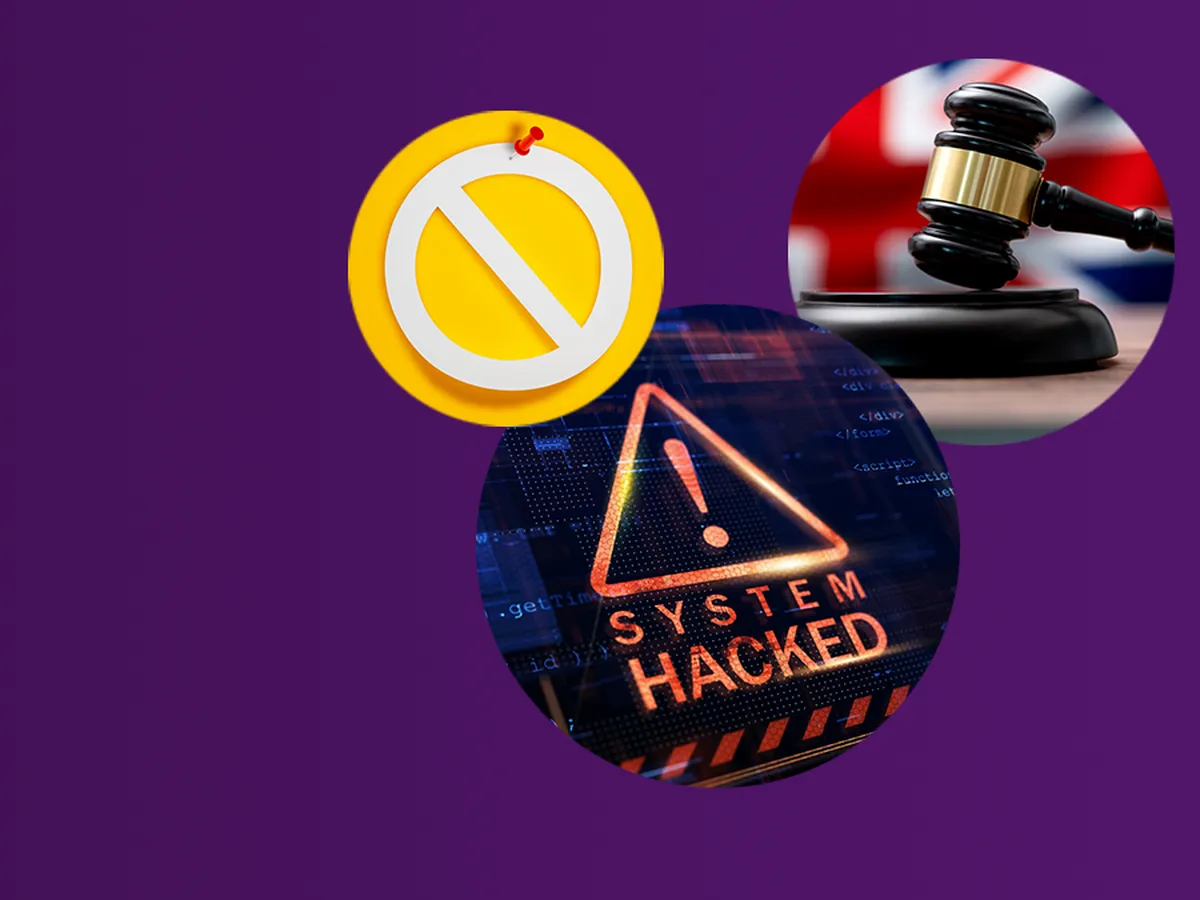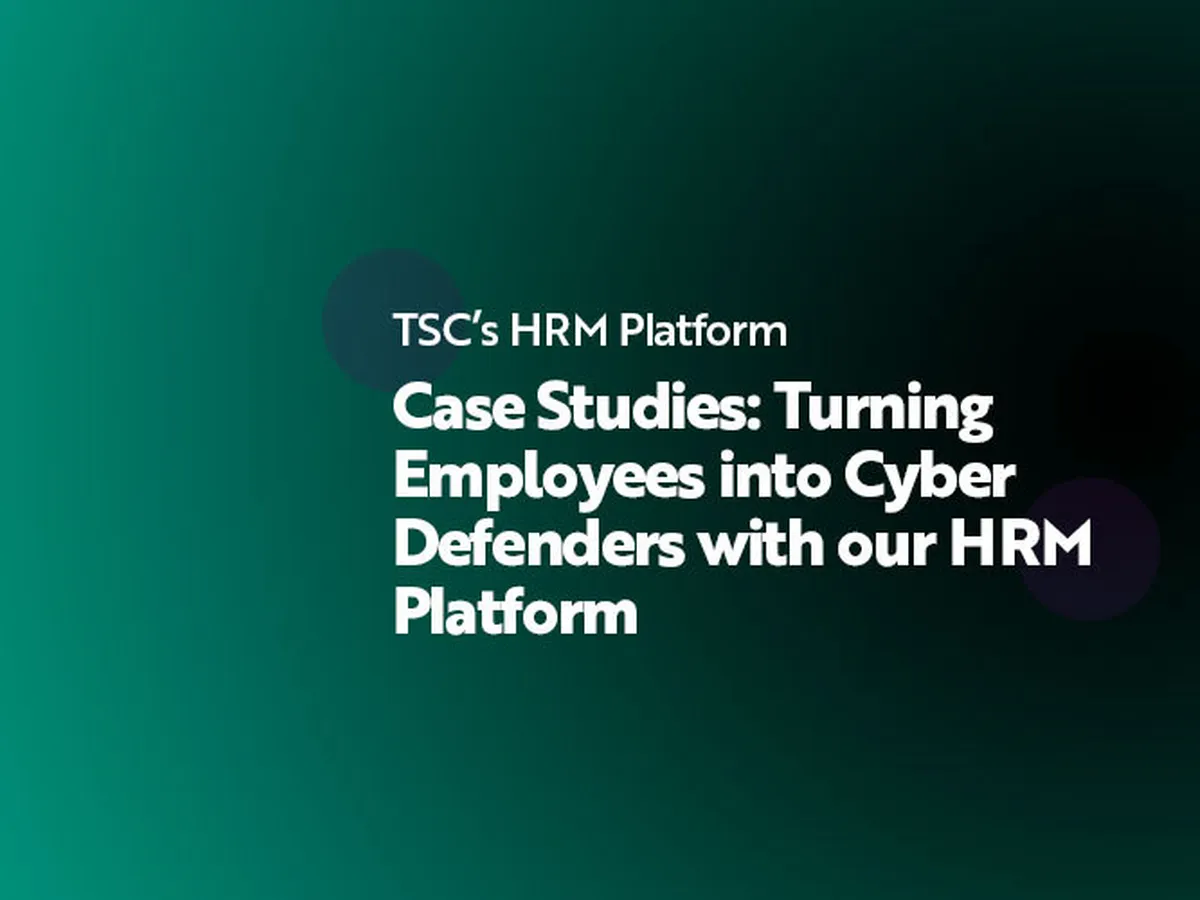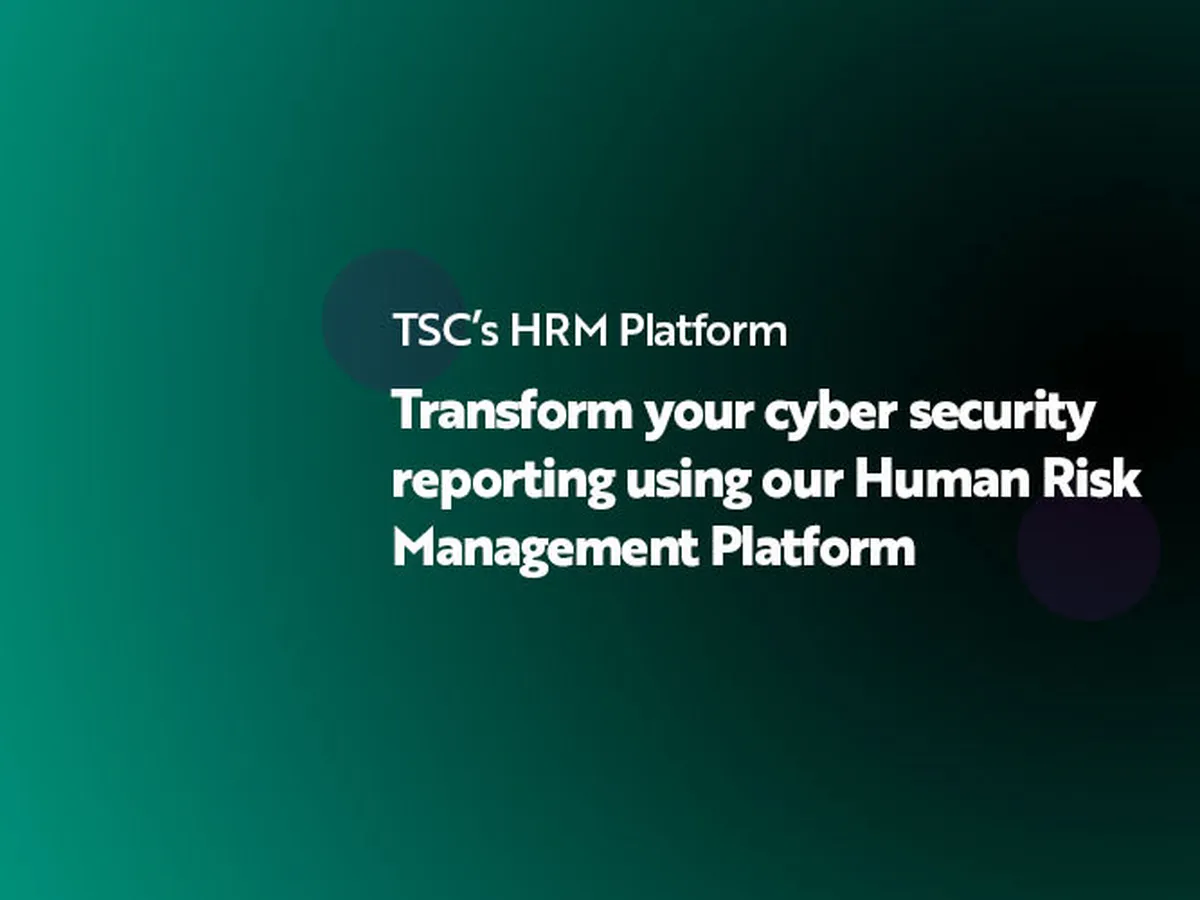
- Ransomware
- 8 min read

If you are not trained, educated or work in the cyber security field, you might hold the perception of being invulnerable to cyber threats; a case of ‘Out of sight, out of mind.’
Perhaps you've never experienced a cyber breach first hand or encountered cyber risks in the workplace, and your digital world has remained intact.
But here is the hard truth: in the world of cyber threats, it is not a matter of if but when. This is precisely why security awareness is not just a luxury but a necessity, a much-needed shield against the ever-growing wave of cybercrime.
Imagine this scenario: You diligently update your software, use complex passwords, and navigate the online world cautiously. You might be thinking, "I'm doing everything right, so why should I worry?" The reality is cybercriminals are becoming increasingly sophisticated. They are adept at exploiting the smallest vulnerabilities, and often, it only takes one unsuspecting click to compromise your digital fortress.
Now, extend this scenario to the organisational level. Employees, even with the best intentions, can unknowingly become the gateway for cyber threats. This highlights the crucial role security awareness plays in protecting not only personal information but also the sensitive data within organisations.
Moreover, as we build securities and walls to keep common cyber threats out, cybercriminals are innovating with new attack styles, vectors, and target surfaces. Employees and organisations may have done incredible work to combat common threats like phishing and ransomware with powerful training and awareness materials, only to be targeted by physical tailgating or AI-based attacks they are not trained to spot and report.
Let us delve into another scenario: You receive an email that appears to be from a trusted source, a colleague, or a well-known vendor. The email urges you to click on a link or download an attachment. The email seems legitimate, but it is a well-crafted phishing attempt. Luckily, due to your training and engrained safe security behaviours, you spot a spelling error and signs of fraudulence and avoid such a scam.
Now, imagine, instead of receiving an email urging you to action something, you receive a call from a threat actor using a respeecher application to emulate your boss’s voice. The threat actor knows this is harder to judge on your end and plays on the power dynamic to rush you through organisational and financial decisions. You have never received vishing or deepfake training, so, to you, this is by-the-by. Without emerging threat security awareness, you might fall victim to this deception, unknowingly compromising your credentials and unleashing a wave of cyber threats.
This scenario is not exclusive to individuals; organisations are prime targets for sophisticated phishing campaigns that leverage deepfakes, AI and emerging technologies. Employees, often the weakest link in the cyber security chain, can inadvertently open the door for cybercriminals by neglecting security protocols.
The consequences of a cyber breach extend far beyond the immediate victim – this is a mentality that we need to spread for society to fully grasp the importance of security awareness. On an individual level, the loss of personal data can lead to identity theft, financial loss, and emotional distress. But, in the organisational sphere, the stakes are even higher. A breach can result in the compromise of sensitive customer information, legal ramifications, damage to reputation, substantial financial losses and even jail time.
Security awareness serves as a proactive defence mechanism, empowering individuals, and employees to recognise potential threats, report suspicious activities, and adhere to best cyber security practices. This knowledge is a formidable tool in the fight against cyber threats.
So, do not ask yourself why you need security awareness, tell yourself you need security awareness to stop a cyber-attack from happening.
Security awareness is the linchpin that fortifies your defences, whether you are an individual navigating the digital landscape or an employee safeguarding the interests of your organisation. By staying informed, adopting best practices, and understanding the evolving threat landscape, you not only protect yourself but contribute to the collective resilience against cyber threats.
At The Security Company, we specialise in boosting cyber awareness, targeted training, customised projects and role-based solutions. Through our tailored subscription services, targeted and customised eLearning and awareness materials and our behavioural assessments, we're committed to helping organisations like yours instil long-term, security-conscious behaviours.
Our method is distinct. We begin by diving deep into your team's current mindset, pinpointing lax behaviours, security gaps and departments in need of focus and attention. From there, we craft tailored solutions that encourage better cyber practices from your employees. With comprehensive training and seamless integration into your current systems, we're here to fortify your team against modern cyber threats and be your trusted cyber security and awareness partner.
Ready to take the next step?
We can help you to formulate an effective and comprehensive cyber security training and awareness program for your organisation.
Do not hesitate to contact us for further information.



© The Security Company (International) Limited 2025
Office One, 1 Coldbath Square, London, EC1R 5HL, UK
Company registration No: 3703393
VAT No: 385 8337 51


